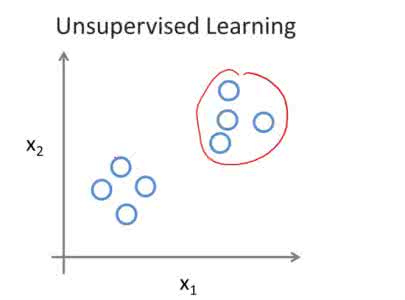The wave equation is an important physical partial differential equation, and in recent years, deep learning has shown promise in accelerating or replacing traditional numerical methods for solving it. However, existing deep learning methods suffer from high data acquisition costs, low training efficiency, and insufficient generalization capability for boundary conditions. To address these issues, this paper proposes an unsupervised learning method for the wave equation based on finite difference residual constraints. We construct a novel finite difference residual constraint based on structured grids and finite difference methods, as well as an unsupervised training strategy, enabling convolutional neural networks to train without data and predict the forward propagation process of waves. Experimental results show that finite difference residual constraints have advantages over physics-informed neural networks (PINNs) type physical information constraints, such as easier fitting, lower computational costs, and stronger source term generalization capability, making our method more efficient in training and potent in application.
翻译:暂无翻译



